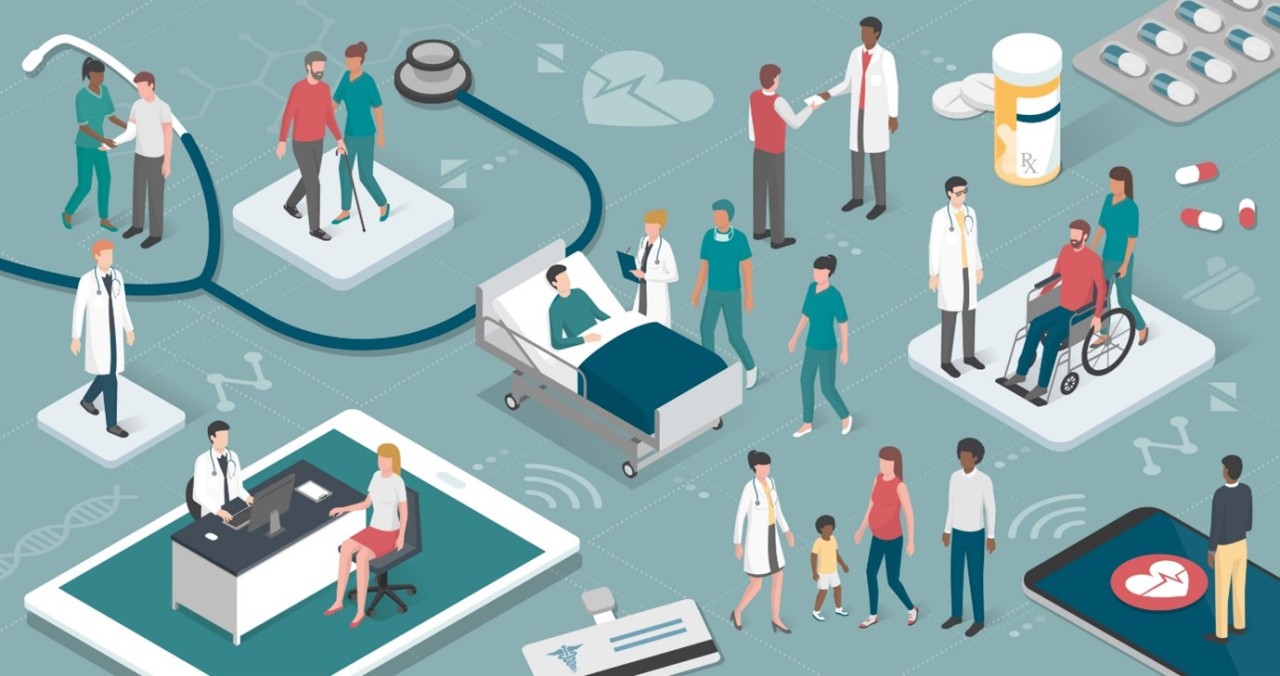Patient flow management in a hospital or clinic encompasses the coordination of medical care teams and systems at every stage, from admission to discharge, while maintaining quality and satisfaction levels for both patients and healthcare providers.
Every day, hospitals receive visits from patients, and any disruptions in their experience can significantly impact their trust in the healthcare facility.
Improving patient experience not only boosts a healthcare facility’s performance but also leads to positive patient outcomes.
Healthcare providers using traditional patient flow management methods often encounter challenges such as slow manual processes, uncertainties, siloed systems, and inefficiencies. These challenges include difficulties in monitoring new appointments, re-appointments, and cancellations.
Digital optimization of patient flow management has emerged as a solution to streamline patient flow, addressing concerns such as doctor availability and waiting times. Transitioning from manual methods to advanced patient flow management practices can yield significant improvements.
Efforts to enhance patient flow management can lead to better reception, treatment, payment processes, and administrative tasks.
Here are some secrets of patient flow management that healthcare providers should know:
- Adoption of Modern Technologies: Embracing cutting-edge technologies is crucial for better patient management. Modern patient flow management software can transform healthcare facilities, improve patient experiences, and enhance staff efficiency.
- Continuous Improvement: Patient flow management is an ongoing journey. Continuously seeking ways to improve patient flow not only benefits the patients but also reduces stress among healthcare providers.
- Efficient Appointment Scheduling: Scheduling physician appointments is challenging, but with patient flow management solutions, this process becomes more efficient. These solutions reduce manual efforts, processing time, and improve overall patient outcomes.
- Easy Access to Medical Records: Patient flow management software provides easy access to accurate patient care information. Healthcare providers can access medical records from anywhere, ensuring seamless care delivery.
- Focus on Priority Tasks: With the right system, staff can focus on priority tasks. Patients in urgent need of care can receive timely attention as all necessary information, including appointment times and physician availability, is readily available.
- Identifying and Overcoming Bottlenecks: Patient flow bottlenecks can impede operations. Continuous assessment and insights from patient flow management systems empower decision-makers to identify and eliminate bottlenecks effectively.
- Accessibility of Medical Records: Easy accessibility to medical records is crucial, especially in urgent situations. Patient flow management solutions ensure quick access to medical records without inconveniencing patients.
- Reduction of Manual Work: Patient flow management systems reduce dependency on manual methods like clipboards and paper records. This reduces errors, ensures data security, and provides updated and authentic patient information.
In conclusion, patient flow management is essential for hospitals to optimize operations and enhance patient experiences. By leveraging modern patient flow management solutions, healthcare facilities can become more efficient, deliver better results, and stay relevant in the ever-evolving healthcare industry. SoftWaveHub.com can provide the necessary tools and support to help healthcare facilities achieve these goals while ensuring top-notch security measures.



